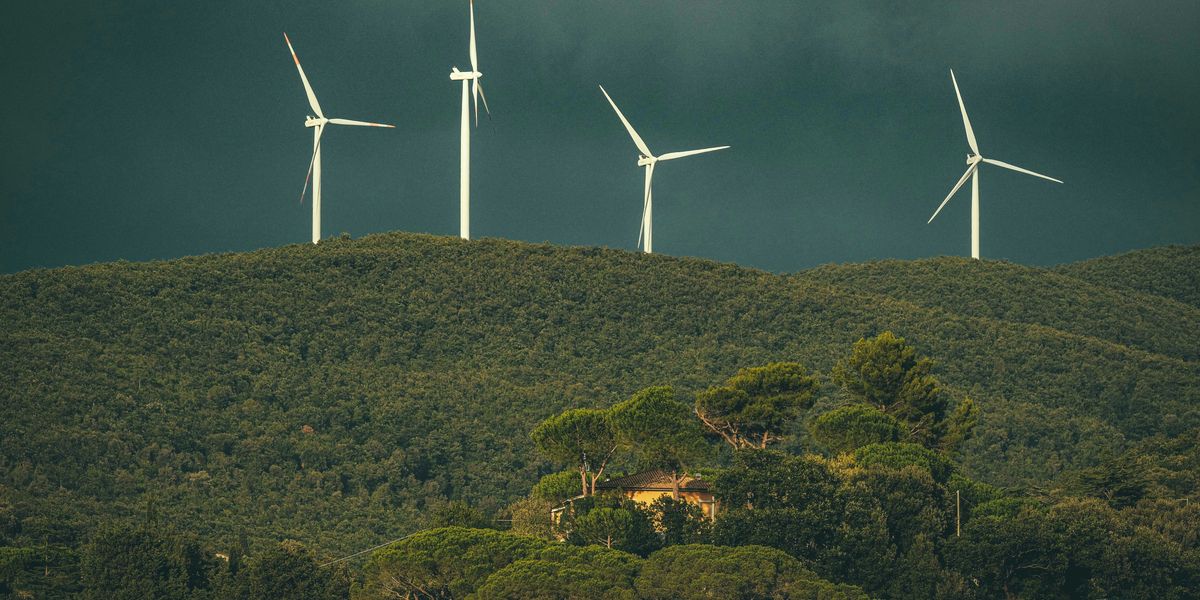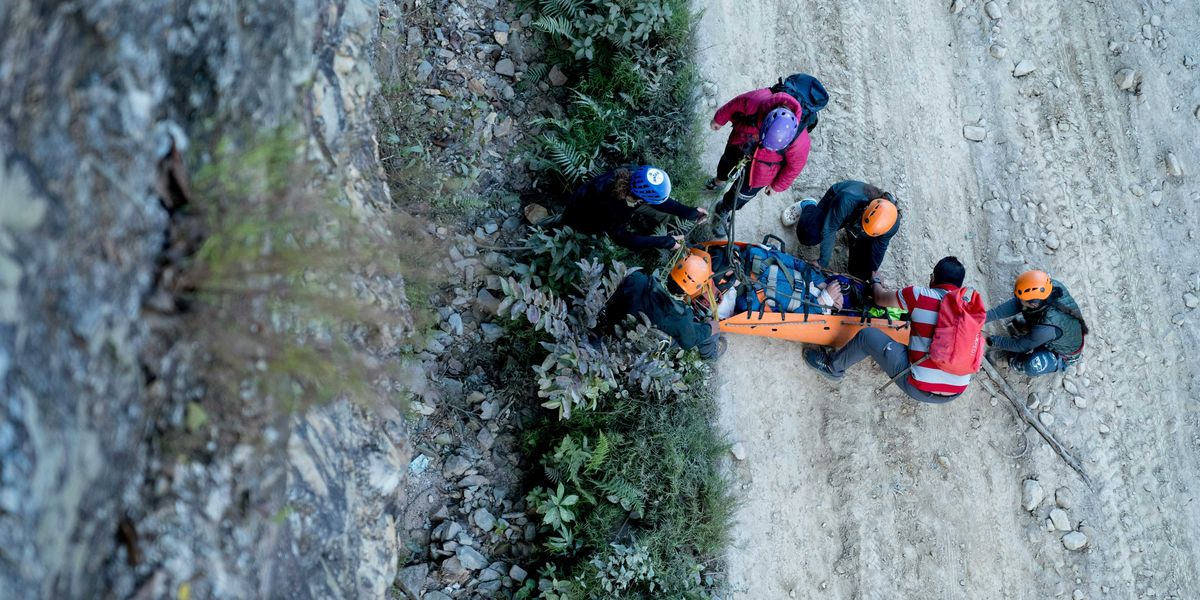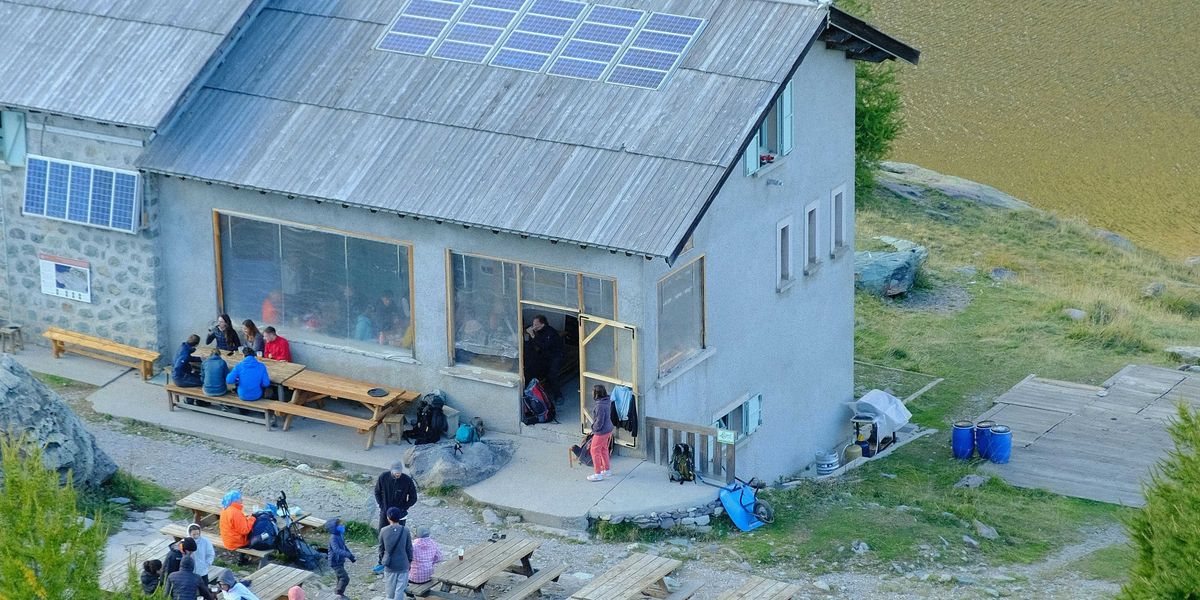A new, exciting chapter at Environmental Health News
Our senior editor explores our newsrooms’ impact over the past year — and where we’re headed.
I’m what you’d call reluctant to change.
I’ve worn the same old Levi’s for more than a decade, use the same coffee mug every morning and have a handful of the same trails that me and my dog roam most days. But every now and then I’m shaken from my routine and habits and, I reluctantly admit, it’s usually for the best.
In 2023, we added fresh faces and a new direction at Environmental Health News. It shook our newsroom in exciting ways. In this season of reflection, let me share some thoughts on what we’re doing differently, what we’ll continue to do the same and why we are primed to be one of the leading voices on environmental health and justice.
New-look reporting
Let’s start with what I hope is obvious: our newsroom remains committed to hard-hitting, ethical journalism. However, when I started as a staff writer 12 years ago, that looked one way — a lot of text. Now, as we amplify community concerns and hold people in power accountable, our stories look different as we meet readers and listeners where they are at.
We published more than 50 videos this year, ranging from Spanish language videos on pesticide dangers to how one of our interns tried to sew a compostable stuffed animal. Cami Ferrell, our new Houston-based bilingual reporter; and Jimmy Evans, our new assistant video editor, spearhead our video production highlighting the environmental impacts of the petrochemical industry around the Gulf, including how language barriers create environmental injustice and how heat, air pollution and climate change are a dangerous mix in the region.
Our other social media platforms also underwent a makeover, thanks to Amanda VanJaarsveld, our new social media and engagement coordinator; and Angela Hutchinson, our engagement director. Want to learn how to avoid PFAS? Want to know what a “toxic tour” looks like? Join the more than 1.8 million users who found us on X, Facebook or Instagram this year, where Amanda not only highlights our reporting but gives bite-sized solutions and guides to some of the most complex environmental problems.
Speaking of solutions, in our biweekly podcast, I talk to the next generation of environmental justice leaders to reimagine a just and healthy planet. You can subscribe to the Agents of Change in Environmental Justice podcast at Spotify or iTunes. You can also read all of their first-person essays, where, guided by our assistant editor María Paula Rubiano, the fellows put forth solutions to some of the most challenging environmental justice issues.
Through this Agents of Change partnership — designed to empower scientists from marginalized communities in storytelling, community engagement and policy translation — we’ve trained more than 45 scholars to tell their own stories weaving in research, community action and lived experience.
We’re thrilled to reach these new, engaged audiences — and it’s working.
Impactful journalism
All of this new packaging has the same core — intentional reporting using storytelling to bolster environmental health and justice and have on-the-ground impact.
Our western Pennsylvania reporter, Kristina Marusic, for example, used old-school beat reporting on the fracking and petrochemical industries to once again win an award from the regional Golden Quills competition. She also won a Child Health Advocate Award, in part due to her book "A New War on Cancer: The Unlikely Heroes Revolutionizing Prevention," which was published this May. Her reporting was cited in courtrooms, nonprofit reports and community meetings across the region last year.
Our reporting partnership with palabra, Adrift: Communities on the front lines of pesticide exposure fight for change, represented our largest push yet to integrate Spanish-language reporting into our newsroom. Led by our newly appointed manager of EHN en Español, Autumn Spanne, the series was republished in multiple other newsrooms and prompted follow-up coverage by the Wall Street Journal and NPR.
These are just a couple examples from the more than 230 stories we published in 2023, which reached far beyond EHN.org. We were republished in environmental publications like Truthout, trade journals on woodworking and food and cited in places like the Guardian, Vox and the Bay Area’s KALW.
As we branch out in new ways, we remain dedicated to reporting on the science and health issues important to you. And we’re not just reporting on it — we’re driving it: our newsroom was cited in more than 40 scientific, government and white papers in 2023 alone.
Heading into the new year
We can all admit 2024 is going to be an interesting year. With another U.S. election on the horizon, the news will be fast and fractured.
You can count on our newsroom to bring you the most crucial environmental health science and storytelling. Through the newest digital tools, we’ll be nimbler in getting our audience the latest summaries on key science and environmental reporting from around the globe. Our in-depth storytelling will continue to focus on the communities our reporters are embedded in, and aim for impact — whether that’s elevating voices of those often unheard, providing guidance to our audience on healthy living or highlighting the need for legislative change and action.
I’m so proud of our mighty little newsroom. We continue to punch above our weight class and we plan to throw some real haymakers this year.
Change can be good. The new faces in our newsroom bring new energy and innovative approaches to journalism. This year we will continue to experiment with our storytelling as we probe the petrochemical industry’s economic and environmental footprint, investigate the insidious toxics in our lives and report on the people and communities who have solutions to these problems. If you’d like to support our work, please consider a donation, or subscribe to one of our newsletters to stay in touch.
Who knows … maybe I’ll even buy a new pair of Levi’s in 2024 (but I’m hanging on to the old ones).
If you have a story tip, comment, suggestion, question or concern, please contact senior editor Brian Bienkowski at bbienkowski@ehsciences.org.
Want to learn more about our newsroom and broader organization? Watch the video below.













